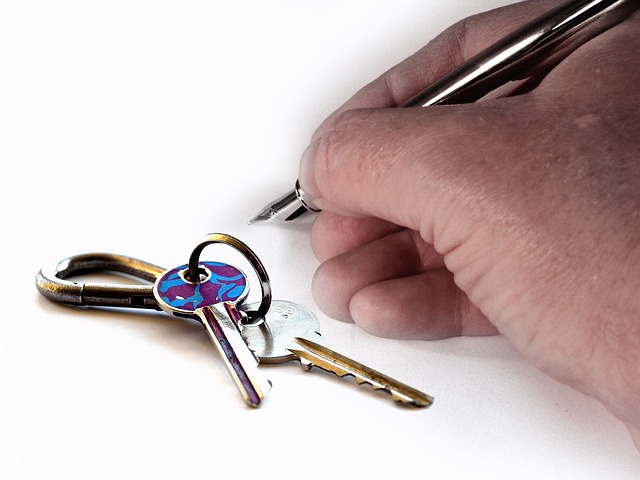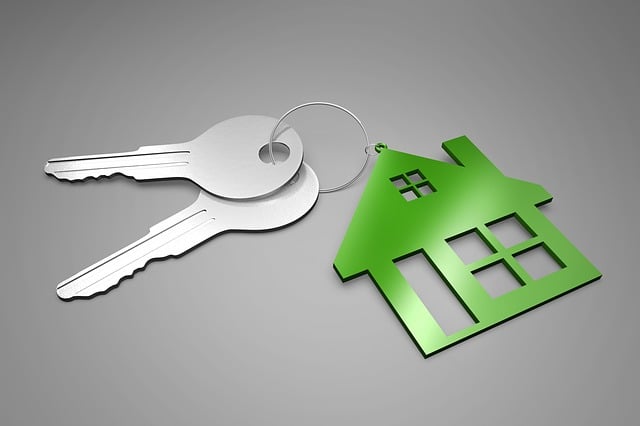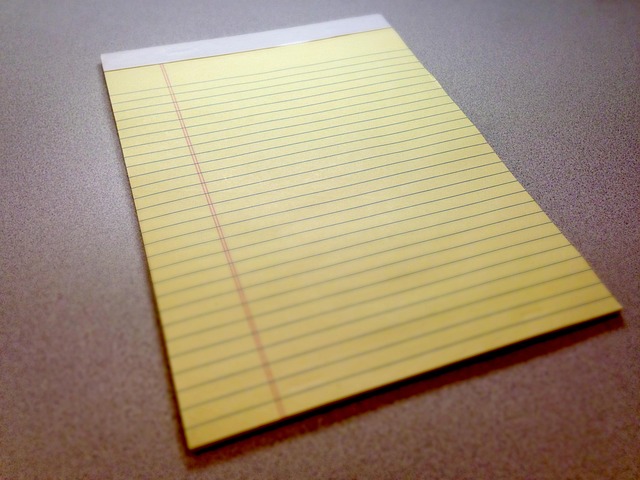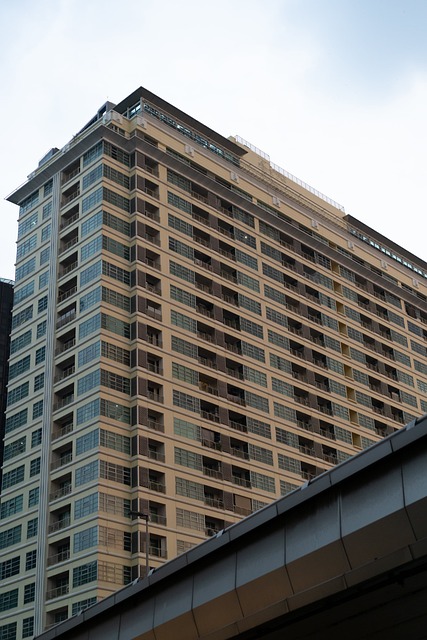In Oregon, managing mold in rental properties involves a shared responsibility between landlords and tenants. Tenants have the right to report mold immediately, while landlords are legally obligated to inspect, remediate, and communicate promptly. By adhering to state laws, conducting regular inspections, and addressing tenant complaints swiftly, landlords can prevent legal mold issues and foster positive relationships. Understanding tenant rights and landlord responsibilities regarding rental property mold, tenant rights mold, landlord responsibilities mold, mold in rental homes, legal mold issues, and tenant mold complaints is crucial for maintaining a healthy living environment and avoiding costly legal battles.
In Oregon, understanding mold damage liability is crucial for landlords navigating the complexities of rental property maintenance. This comprehensive guide explores critical aspects of rental property mold, including tenant rights and mold complaints, legal obligations for landlords, and strategies to protect both parties from legal issues stemming from mold in rental homes. By delving into these topics, landlords can ensure they meet their responsibilities while fostering a healthy living environment for tenants.
- Understanding Rental Property Mold: A Comprehensive Guide for Oregon Landlords
- Tenant Rights and Mold Complaints: What Every Landlord Should Know
- Legal Obligations for Landlords Regarding Mold in Rental Homes
- Navigating Mold Damage Liability: Protecting Both Landlords and Tenants
Understanding Rental Property Mold: A Comprehensive Guide for Oregon Landlords

Understanding Rental Property Mold is a comprehensive guide designed to equip Oregon landlords with essential knowledge about their responsibilities regarding mold in rental homes. When water leaks, excessive humidity, or poor ventilation occur, mold can quickly become an issue. Landlords must be aware of potential sources of mold growth and implement preventive measures to maintain healthy living environments for tenants. By addressing moisture issues promptly and ensuring proper ventilation, landlords can reduce the risk of costly legal mold problems and tenant complaints.
Tenant rights regarding mold are crucial, as they expect safe and habitable conditions. Oregon laws outline specific guidelines for landlord responsibilities related to mold inspection, disclosure, and remediation. Landlords should establish regular inspections to identify any signs of mold early on. Upon discovery, immediate action must be taken to rectify the issue, document repairs, and communicate transparently with tenants throughout the process. Proactive management of rental property mold not only protects tenants’ health but also mitigates potential legal mold issues.
Tenant Rights and Mold Complaints: What Every Landlord Should Know

In Oregon, tenants have specific rights when it comes to addressing mold issues in their rental properties. If a tenant notices mold in their living space, they should immediately inform their landlord about the problem. The Oregon Health Department recommends prompt action and communication regarding mold concerns. Landlords are legally obligated to take appropriate measures to mitigate mold damage once notified by a tenant.
Tenant complaints about mold can lead to legal mold issues if not handled properly. Landlords must conduct inspections, assess the extent of the mold problem, and implement remediation plans within a reasonable timeframe. It’s crucial for landlords to maintain a safe living environment, as per state laws, especially when dealing with sensitive tenants who may have health concerns related to mold exposure. Prompt action and clear communication can prevent legal complications and foster positive tenant-landlord relationships.
Legal Obligations for Landlords Regarding Mold in Rental Homes

Oregon landlords have a legal obligation to maintain their rental properties in a safe and habitable condition, including addressing any issues related to mold growth. When it comes to rental property mold, landlords must take proactive measures to prevent and mitigate mold problems, as it can pose significant health risks to tenants. Landlords are responsible for ensuring that the property is free from excessive moisture and taking prompt action when they become aware of any signs of mold.
In cases where tenant mold complaints arise, landlords must respond swiftly and appropriately. They should conduct a thorough inspection, assess the extent of the mold issue, and implement necessary remediation steps. Landlords may also be required to consult with professionals who specialize in mold removal and restoration to ensure the work is done safely and effectively. Failure to meet these landlord responsibilities mold can lead to legal legal mold issues and potential financial liability.
Navigating Mold Damage Liability: Protecting Both Landlords and Tenants

Navigating Mold Damage Liability is a delicate balance between protecting tenants’ health and ensuring landlords are held accountable for their rental property. In Oregon, both parties have rights and responsibilities when it comes to mold issues in rental homes. Landlords are required to maintain a safe living environment and promptly address any known or suspected mold problems. This includes conducting regular inspections and taking necessary actions to prevent and mitigate mold growth.
Tenants, on the other hand, should be proactive about reporting any signs of mold or water damage to their landlords as soon as possible. By doing so, they can help prevent further contamination and potential health risks. Understanding their rights regarding tenant rights mold complaints is crucial, ensuring that landlords are legally obligated to resolve these issues promptly. This mutual understanding fosters a cooperative environment, promoting the well-being of both parties in the rental property landscape.






